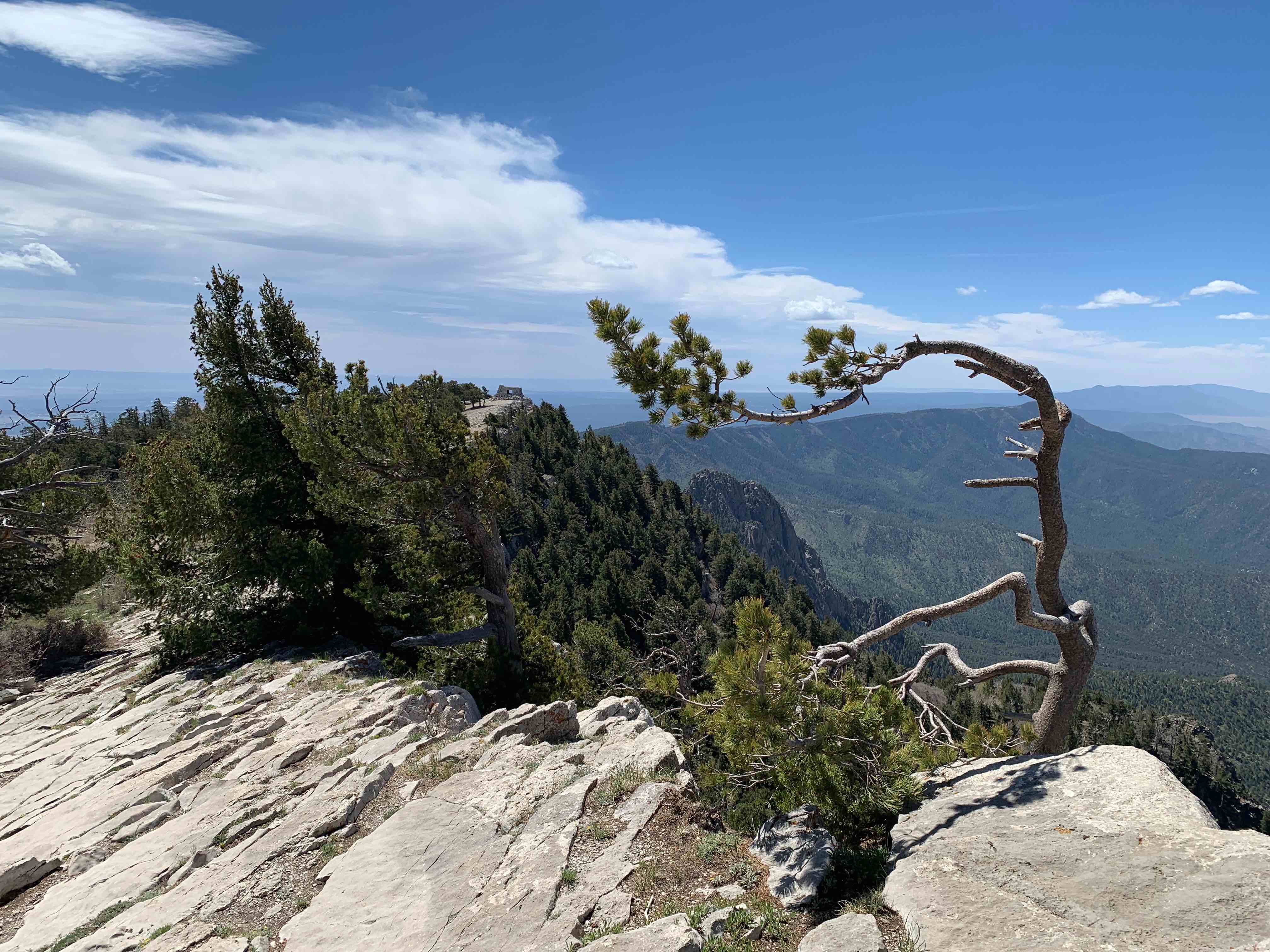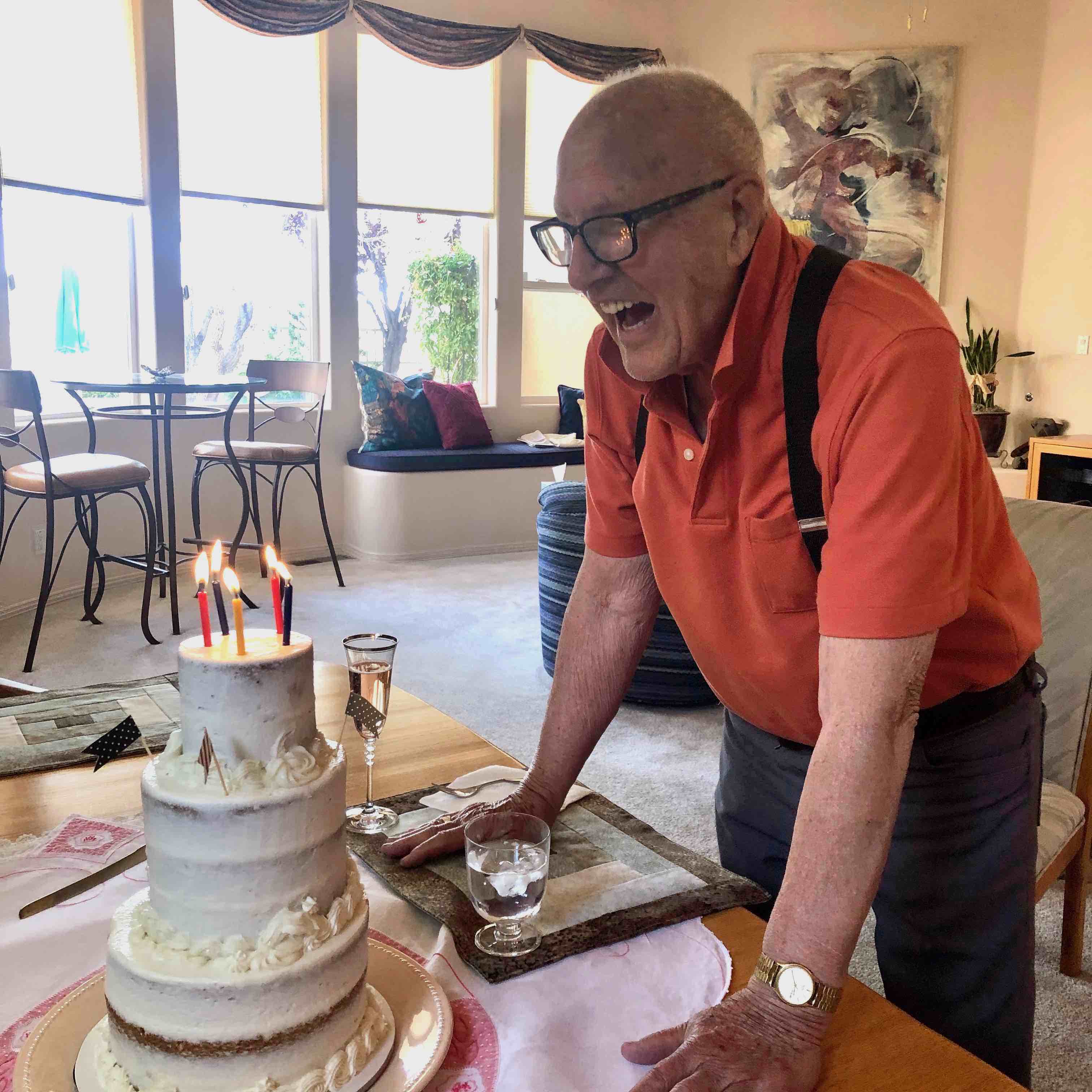
The old Nordic tales reference a race of supernatural beings known as the huldrefolk, the “hidden ones” who live in an unseen world running parallel to human habitation. They’re invisible, except to those who have the power of sight, and their true name is never spoken. I’ve thought of them often this past year, while hiding under my rock.
Looking after the esteemed General (age 95) has demanded a strict pandemic bubble, so in March of 2020 we went underground. We worked from home, picked up our groceries curbside, grew our own tomatoes, joined a CSA, learned how to bake bread and scones, and celebrated our milestones and victories on our own. In October, I ventured out into the world to get a flu shot, and I marveled at the people who were shopping, getting their nails done, eating in public, and going about their business with their faces on display.
They do not live, I thought, in the same world that I do.

I’m fully vaccinated at this point, and if it mattered enough, I suppose I could make a full return to human society. I’ve desperately missed going to the opera and hearing chamber music, and it’s a relief to know I’m now able to hop on a plane when my parents need me. But I don’t want to sit in restaurants and cinemas anymore, I don’t care whether I shop in person or not, and I don’t particularly want to take off my mask. The unseen world has grown on me.
In the old stories, the huldrefolk will occasionally interact with human society. Sometimes a young man will be seduced by a huldra (a woman with cow’s tail), or he may capture her using snares of steel. Because a married women must traditionally join her husband’s household, the huldra will leave the hidden folk and become a part of human society. It’s said that if she gets married (or baptized) she will even lose her tail.
But in stories like the famous ballad Liti Kjersti, it’s human society that’s left behind. A young woman may be abducted by the huldrefolk, and being bergtagna or “taken by the mountain,” she quickly forgets what it means to be human. Or she may even decide of her own free will to leave the life she’s always known, but not without casting a wistful eye on what she’s left behind.